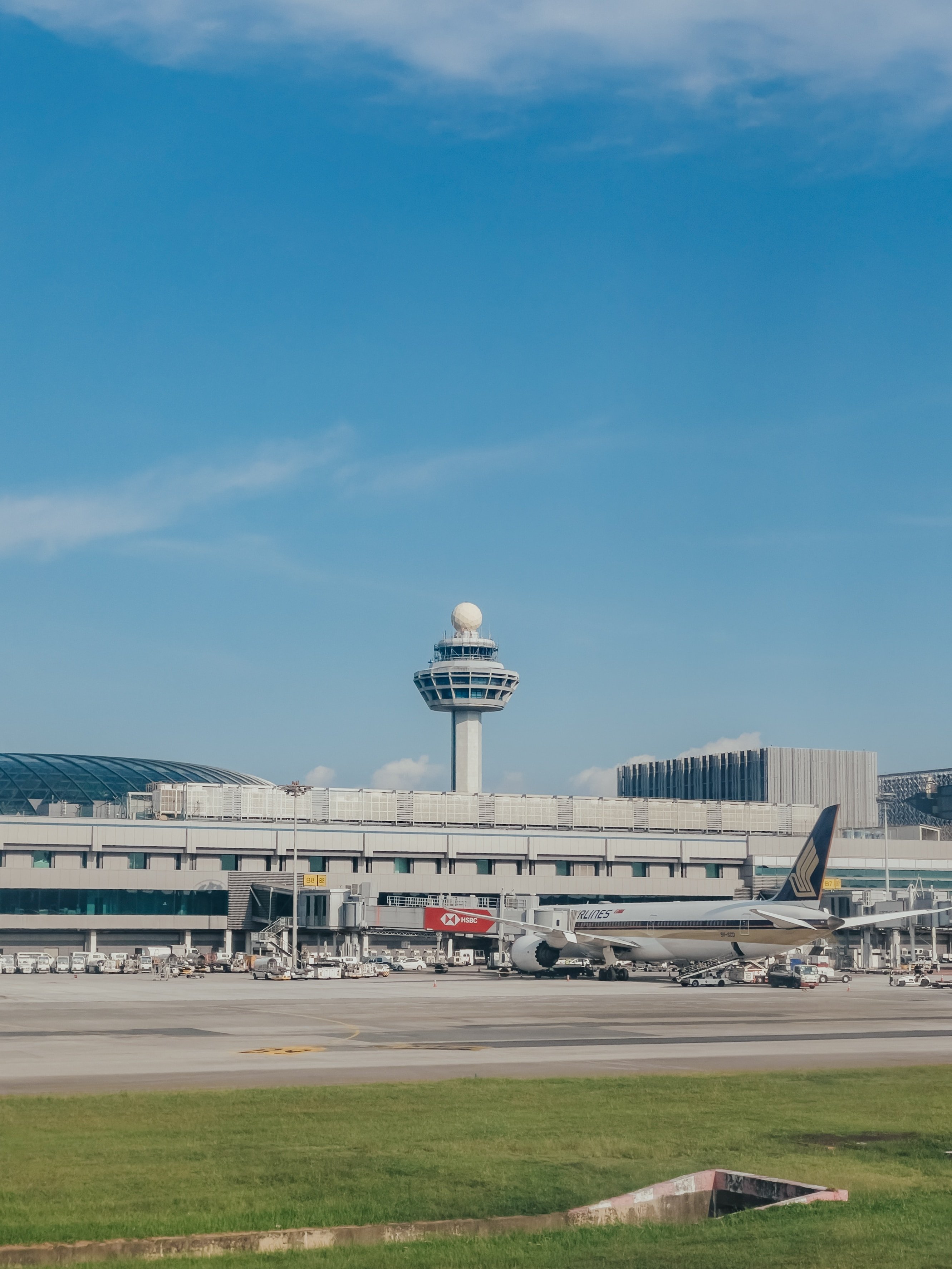Don't Be Ashamed To Declare an Emergency
According to the Federal Aviation Administration (FAA), while pilots may not hesitate to declare emergencies when faced with distress conditions — such as fire, mechanical failure, or structural damage — some of us are reluctant to report an urgent need when we encounter situations that may not be immediately perilous but will be if we do not take action.
This happens despite FAR 91.3 (a), which clearly states that "the pilot in command of an aircraft is directly responsible for, and is the final authority as to, the operation of that aircraft." Further, part (b) says, "in an in-flight emergency requiring immediate action, the pilot in command may deviate from any rule of this part to the extent required to meet that emergency."
Why do pilots hesitate?
One line down in the FAR might give you an idea. Part (c) specifies that "each pilot in command who deviates from a rule under paragraph (b) of this section shall, upon the request of the Administrator, send a written report of that deviation to the Administrator."
Fear of questioning
Some pilots hesitate to declare an emergency because they think they might need to complete a lot of paperwork and be questioned about their decision-making, especially if investigators uncover that their actions led to the emergency. For example, a pilot could depart without the minimum fuel required or make questionable decisions while airborne.
That was the case in 2004 when two airline pilots flying Pinnacle Airlines Flight 3701 crashed a CRJ200 during a repositioning flight. The flight crew flew the aircraft up to the maximum operating altitude designated for the commuter jet, flight level 410, which its company did not authorize. After the aircraft engines failed, the pilots initially concealed their actions from Air Traffic Control (ATC), delaying declaring an emergency until it was too late for the aircraft to land safely at any airport. Ultimately, it crashed off-field, killing both pilots.
Thinking the situation is under control
Pilots may feel that they have the situation under control and perhaps that declaring an emergency knowingly attracts attention. Reasonably, one would think that is a good thing, but sometimes ego that stems from a desire to achieve superior flying skills misguides pilots to their detriment.
I thought I had an emergency under control before, and fortunately, I walked away. Still, reflecting on the scenario, I should have declared an emergency so ATC would prioritize me if the situation took another turn.
The FAA says an aircraft is in an urgent condition, at minimum, when pilots become doubtful about the position, fuel endurance, weather, or any other condition that could adversely affect flight safety. At that point, a pilot must ask for help before the situation escalates into a distressed state.
The case for declaring
Pilots should feel encouraged to be more expedient in asking for help, especially since they aren’t sure what else controllers may be dealing with or if there may be other potential emergencies. By quickly declaring an emergency, ATC can support pilots and help them save time by giving them vectors directly to the airport that don’t follow the usual pattern.
In some cases — if there's a fire, disruptive passengers, or even a medical situation — mobilizing resources on the ground may be necessary. Since the resources may be off-field, saying "Mayday" to ATC as soon as it makes sense can help ground personnel finish preparing by the time the plane lands.
Share this
You May Also Like
These Related Articles

ATC Light Gun Signals: What You Need To See and Know
-1.jpeg)
The Anatomy of a Perfect S-turn
